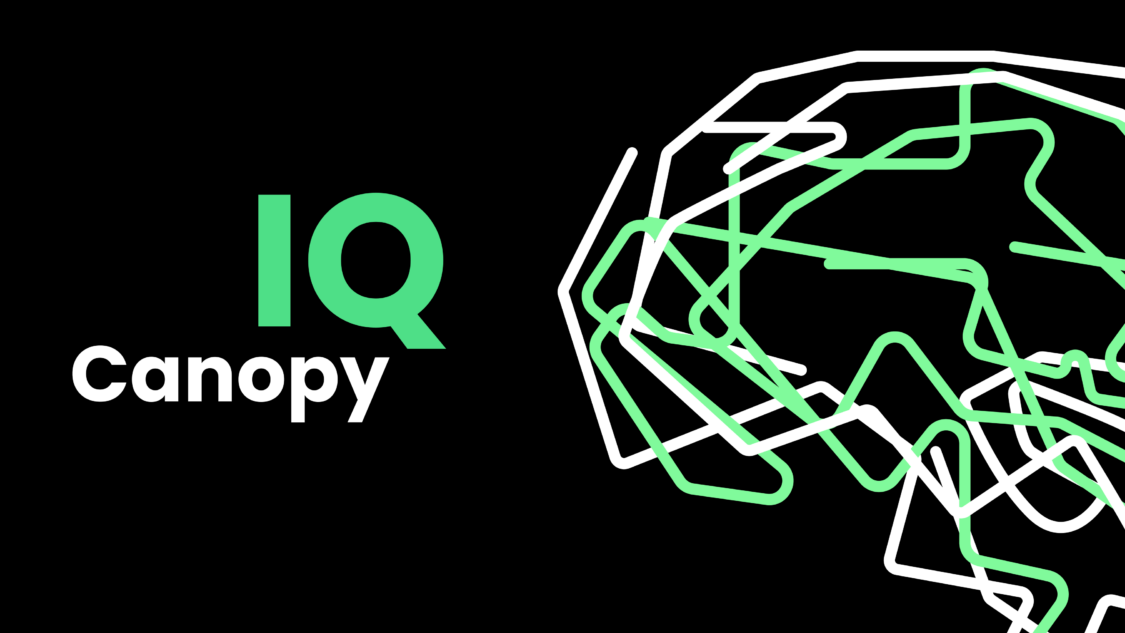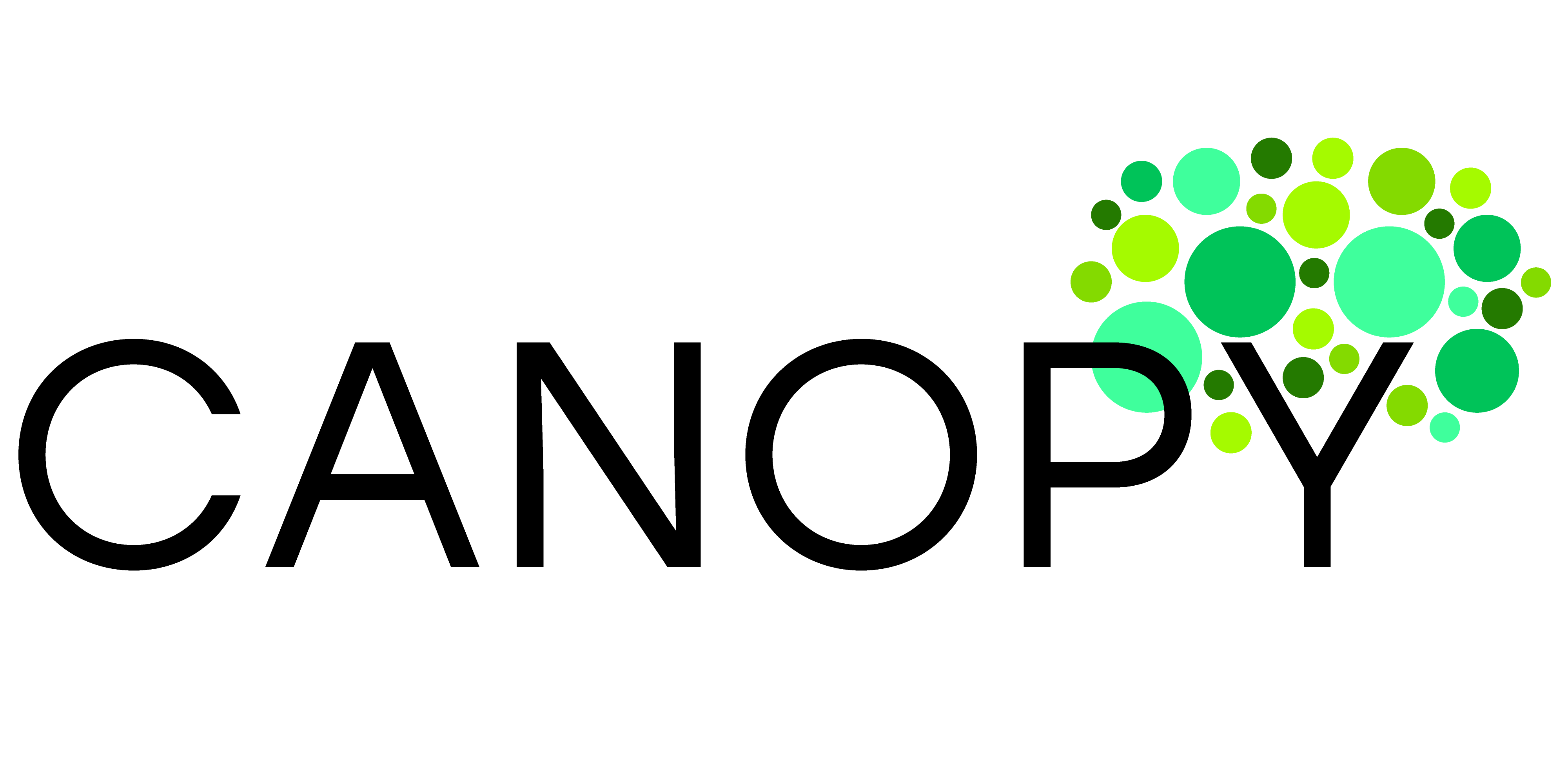- Blog
- Seven Things You Need to Know About Web3, By Gene Chalfant
Subscribe to our
email list
Stay updated on industry
news and ad tech insights

Canopy IQ Podcast
Welcome to the Canopy IQ Podcast. Tune in as expert voices and special guests from a wide range of disciplines help guide our understanding of the ways business intelligence, branding, machine learning and digital advertising are reshaping AgeTech in the 21st century.
Read More

Argentum 2023
Canopy founder Bobby Youngs will participate in Argentum’s “Speed to Lead is Key” HR Recruiting Panel on May 9th. More info coming soon!
Read More

The Senior Living Social Media Playbook
Take the guesswork out of your social media campaign strategy with this downloadable guide
Read More
Seven Things You Need to Know About Web3, By Gene Chalfant

- First of all, what is Web3?
Web3 is a new way of powering ownership and online property rights. This is something that we didn’t know how to do prior to 2009 or so.
Ownership in the real world has always been defined and protected by law, courts, and legally binding contracts, but all that is about to change. Web3 now gives us a new path to ownership that doesn’t require the assistance of a government agency, bank, or third party entity other than mathematics.
In a nutshell, Web3 is you owning a nugget of gold in your very own pocket, anywhere in the world.
This is a lot to take in, so here’s a helpful analogy to help put it all into context. Your computer is a lot like a copier. It can replicate bits of information at essentially zero cost. The internet moves these bits anywhere instantly, also for free. These two magical abilities combine to create a universe where any information (including news, movies, music and opinions) can be received wherever, and whoever, you are. The cost of instantly publishing your own creations and opinions and making them available to every single human on the planet is so cheap that it is already given away for free by companies such as Facebook.
This is the Internet Revolution and is a wonderful boon for humanity.
But wait..
This also means that torrents of information, without curation or quality control will eventually be delivered to your inbox or browser at the speed of light. Fake information generated by smart software will proliferate, much of it intending to persuade and manipulate your emotions and decision making process. There will be (even more) floods of Spam. These developments will lead to a whole host of deep problems which we’ll need to solve.
Ultimately, Web3 is simply a way to own each bit of information using clever cryptographic methods. The ability to prove that you (and no one else) owns those bits will mean that it’s no longer possible to duplicate them and then claim to also own the copy with identical value. There is only one ‘thing’, and one creative act that brought this information into existence. The copy is not the thing.
Software coders call this a ‘singleton.’ You can go right ahead and copy an image, but you still don’t actually own the original. It’s kind of like the Mona Lisa – you’re free to photograph it at the Louvre and hang the photo in your living room. But this reproduction is ultimately worthless (even if it’s a really good photo), and your friends might think you’re a bit weird. The simple ability to own a digital file that can’t be duplicated makes things like Bitcoin possible.
I realize that these concepts are very hard to wrap your head around, but once you do, you’ll understand why so many forward thinkers are excited about this.
- How is this important in the real world?
Owning things on the internet is actually a lot like owning things in the real world, where we cannot in fact copy and move things around endlessly. Web3 introduces artificial scarcity. When the internet acts like real life, a whole bunch of cool things become possible that just weren’t feasible before.
One example is fair sales of digital art and music. The value of a created work, perhaps set by auction (like digital artist Beeple’s $69 million collage which sold at Christie’s) is paid to the creator, as well as a share of every resale forever. Through fractional patronage, Web3 also enables an authentic community of fans who happily provide enthusiasm and feedback to rising stars.
This community model applies to art, business and any other group of people chasing a common goal. The latest advances in what’s being called “tokenomics” enables ways to engineer incentives that attract the right people and investment to accomplish these goals. Some futurists insist this will change humanity for the better, even akin to the discovery of fire. We will see.
- How will Web3 transform digital marketing?
Marketing is essentially the practice of finding and persuading people to purchase your branded products, goods and services. A century ago, marketing was achieved by advertising broadly and providing a back channel through which interested buyers could locate you instead of your competitors (think of a town crier or newspaper advertising).
Today, through applied science, we can learn a lot more about a prospect’s needs and how to target them efficiently. Some people find this concept understandably troubling and recognition of the right to privacy is growing fast.
Web3 enables ownership and therefore control of our online identity, including our interests and online behaviors. We can be anonymous yet trusted, hidden yet reachable, to exactly the degree we decide to allow. For marketers, this means we may eventually not know as much about the lives of individual prospects as we currently do, just like it was during the heyday of broadcast Television and Radio.
Marketing strategies designed to attract and build relationships with customers will actually grow with the adoption of Web3, along with a corresponding increase in personal privacy. In essence, marketers should nourish and delight potential markets, treating them as fanbases. Inbound marketing techniques such as sponsorships, product trials, viral content, and events (both physical and digital) are well suited to achieve this goal. Ultimately, groups that self-select your offerings based on their own needs are your strongest brand evangelists.
- When should I expect these changes to take place?
It’s actually happening now. Cryptocurrency has been around for more than a decade. This is arguably the toughest use case, since it’s valuable and can be used to purchase anything from a house to a pizza. If anyone could steal crypto, they would have. A honeypot worth trillions of digital dollars that hasn’t already been hacked gives us a high level of confidence that the mathematical equations work.
Furthermore, equal protection of “anything” online is now possible, including identity, content, relationships (your personal network), and other things we haven’t yet dreamt up. Web3 is being built rapidly, with huge growth in investment and participation.
Think of the web’s runaway growth in the early 2000s, or how quickly your old flip phone got replaced by a sleek smartphone. Then speed that up by 5x.
Applications of Web3 are limited only by imagination.
Much has already been built in finance (DeFi), autonomous business (DAOs that generate income passively like an online vending machine), political elections, identity, and creative industries. The list goes on.
- How can I protect my business interests during the age of Web3?
Expect that privacy concerns will result in regulations that explicitly limit targeting of groups and individuals based on sensitive criteria, such as age, demographics and even zip codes. Focus on attractive offerings available to anyone. Encourage those interested to join the party. Avoid clickbait-y content that’s not created solely for attention, but that is truly valuable or inspirational to those with a deep, sincere interest in your products.
Let your influencers be teachers. Grow fans, not clicks.
When companies listen to their best customers and create products and services for them, entire new industries can arise, delighting everyone. For inspiration, study how mountain bikes became a multi-billion-dollar business. Spoiler alert: it wasn’t bicycle companies that first saw a new demand and invented fat-tired bikes.
- How can I participate in the Web3 revolution?
Start by learning more about Web3. There is a huge and growing base of online reading, podcasts and videos on the subject (including the blog post you’re reading now). This is an exciting time, and the sense of imminent change is everywhere.
You don’t need to be a programmer or venture capitalist to get involved. You only need to be curious. Daily life is going to change for all of us, just like it did during the birth of the internet.
- Where will we end up?
Web3 is not a solution for every challenge. There are still many problems in the real world that require solutions, like generating taxes for public goods or preventing crime. New problems will arise that we couldn’t have foreseen, even if well-intentioned people are creating the new social structures and institutions that give rise to some of the very problems they were actually trying to solve.
Web3 will not replace the existing web. It does, however, provide us with new tools and capabilities that were missing from the original web and that are crucial for trust and online safety.
In the future, when Web3 becomes widely adopted, the term will certainly disappear. We won’t call it Web3, or even the Web.
We’ll just call it Life.
About the Author
Gene Chalfant has worked with fintech, blockchain technology and cryptocurrencies since 2014. Prior to that, he researched Artificial Intelligence for Mars Rovers at JPL/NASA. Gene’s most far-reaching software to date has spent years in orbit and around Jupiter.
You can read more about Web3 here:
This recent article on Vox goes more in depth about the Web3 phenomenon. Bottom line: it’s still confusing, hard to use, and dangerous. Even for software professionals. Kind of like the ‘traditional’ web was in the beginning…
A CBS News story explaining Web3. “It’s just a buzzword”. I think the term describes some very promising underlying technologies, but yes, it’s a buzzword.
Chris Dixon gives a great intro to blockchain and crypto on YouTube. This was back in 2020 before ‘Web3’ was named – recently he is all in to Web3 and NFTs. This is the keynote to a whole series of free videos from venture capital firm a16z called Crypto Startup School.
If you want to peek through the door to using Web3 today, you’ll need a wallet. The most popular one right now is Metamask, a browser extension that connects to Web3 websites. The wallet holds cryptocurrency and NFTs.
Here’s a slightly more developer oriented set of links about Web3, for those who want to go down the rabbit hole.
Learn about High Potential Visitor tracking and the
Canopy advantage for your next Programmatic Display or
Geofencing campaigns.
Get in touch
Canopy advantage for your next Programmatic Display or
Geofencing campaigns.







